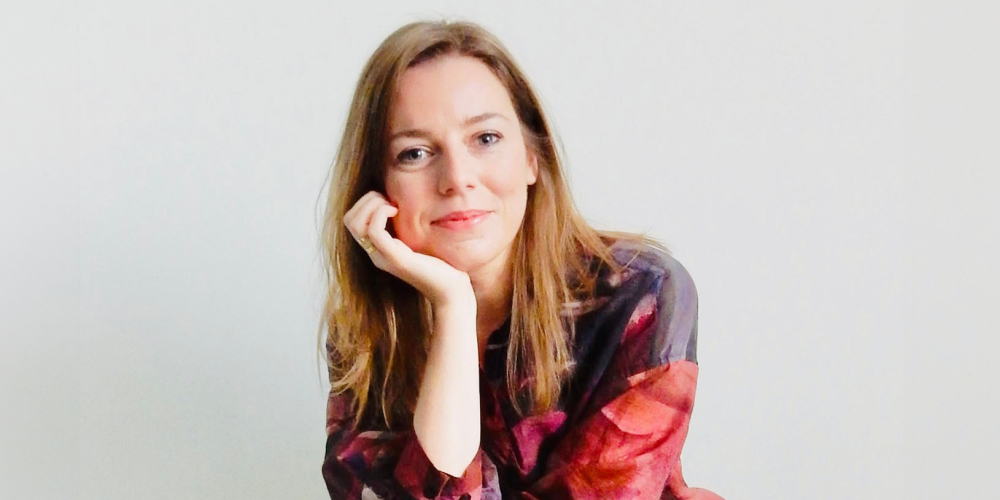
Science and politics seem to be growing further apart. Yet, they need each other to find solutions to today’s complex societal challenges. That’s why the Science Meets Parliament project, led by the Young Academy, pairs researchers with parliamentarians. Several VUB researchers are taking part: Marie-Laure Vandenhaute, Robin Vandendriessche, Ilse Rooman, Simon Weekx, Franne Mullens, and Eva Cloet. On Valentine’s Day, they will meet their political partners for the first time.
Franne Mullens (33) researches working hours and the balance between work and private life from a sociological perspective. Her date is with Eva Platteau, a Groen (Green) MP in the Flemish Parliament.
What are you expecting from the first date?
"A first date is always a bit nerve-wracking. I’m trying to keep my expectations in check. I imagine we’ll focus on getting to know each other in a low-key and informal way. I’m looking forward to hearing her story, her journey, her experiences, and the challenges she faces in politics, particularly in her policy domain."
Do you date across the political spectrum?
"I was open to all political colours, but by coincidence, I was paired with someone whose views are quite close to mine. In a way, that’s a shame. It would be really interesting to exchange ideas with someone from a different political background. I’d also try to build bridges there. On the other hand, for a first time, it’s not a bad thing to start in familiar waters with more common ground."
"Politics and science are concerned with the same question: how can we make society a better place?"
What would be a dealbreaker?
"A big turn-off would be dating someone who is only in politics for their own ego and doesn’t look beyond the next election."
Do scientists need more love from politicians?
"I think so. Or at least, the relationship needs to improve. Some scientists have excellent ties with politicians, but most—consciously or unconsciously—remain somewhat distant. Yet, both fields are ultimately working towards the same goal: making society a better place. Scientists do this by gaining insight and generating knowledge, while politicians try to achieve it through policy. The ideal policy, in my view, is one that is guided by scientific evidence and accumulated knowledge. Unfortunately, politicians are often unaware of the latest scientific findings—or worse, choose to ignore them."
Is your field ‘sexy’ to politicians?
"I’m afraid not. When it comes to topics like working hours and their impact on employees' work-life balance, politicians tend to turn to economists rather than sociologists. Their focus is often on economic aspects rather than social ones."
Are scientists too much like wallflowers?
"It can be daunting for scientists to step into the political arena. Many feel safer within the academic world. But there are also many who work hard to have an impact beyond those walls. It takes time, patience, and connections to find your place, but I hope it’s worth it to strengthen the bridge between politics and science."*
Science Meets Parliament
Science Meets Parliament brings Flemish researchers and parliamentarians together to foster mutual understanding of each other's worlds. This initiative, a kind of 'pairing scheme,' pairs twenty scientists with twenty politicians.
In the spring of 2025, researchers will spend a day immersed in the political arena—attending committee meetings and gaining insight into the legislative process. Later, the politicians will visit the scientists’ workplaces to see first-hand how academic research takes shape. The goal? To bridge the gap between science and policy, ensuring that societal challenges are tackled with well-founded insights.
*This is a machine translation. We apologise for any inaccuracies.